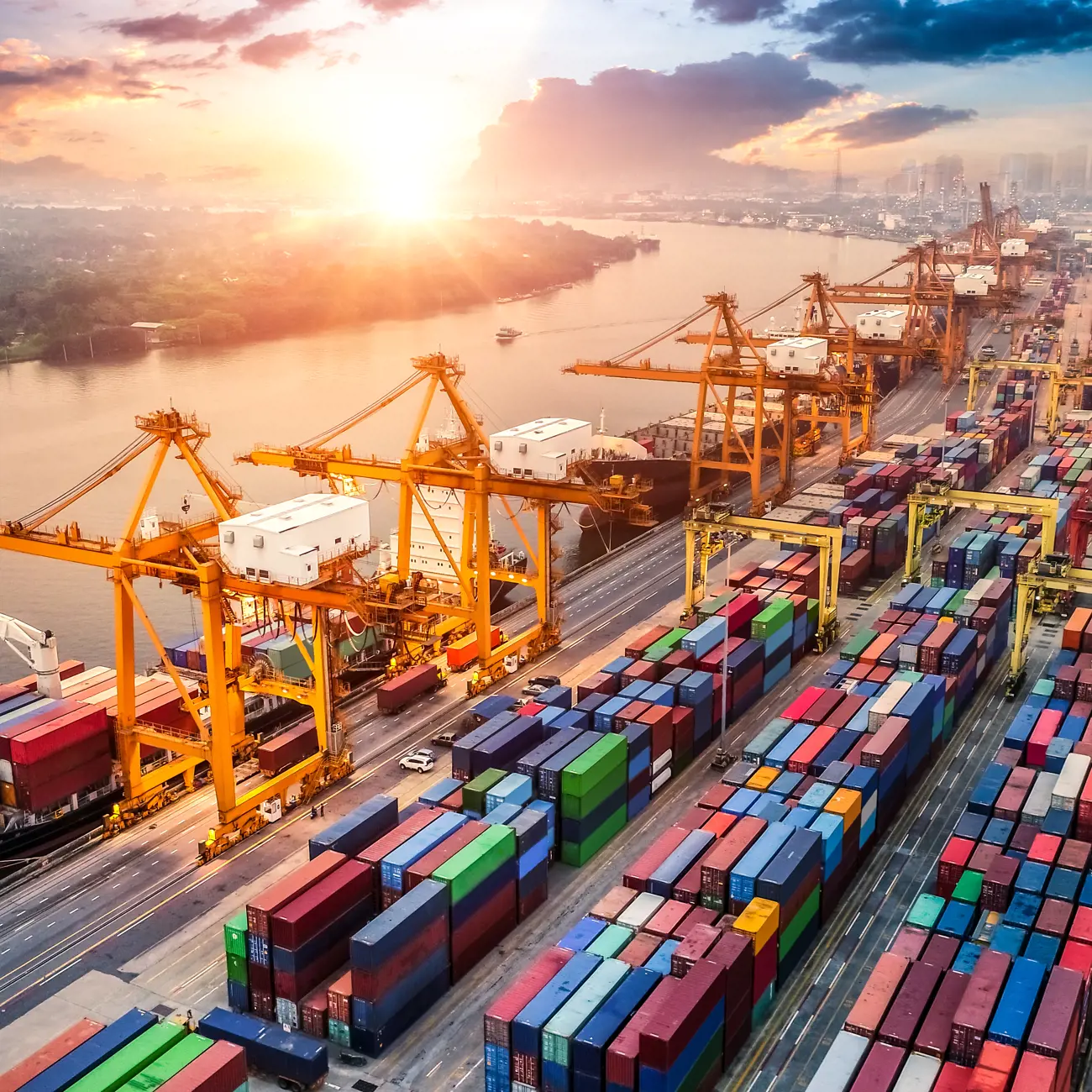Zero Emission Port Alliance (ZEPA) releases key findings

Zero Emission Port Alliance (ZEPA)
Zero Emission Port Alliance releases key findings: Firm demand for electric equipment, voluntary design standards, and guidelines to upgrading the electricity grid for terminal infrastructure.
The Zero Emission Port Alliance (ZEPA) mark its one-year anniversary with the release of three pivotal reports with findings from the broad alliance of terminal operators, port authorities and OEMs. They provide insights into rising demand for battery-electric container handling equipment, new voluntary design standards, and strategies to enhance port power infrastructure.
ZEPA was founded in 2023 with the commitment to accelerating the adoption of Battery-Electric Container Handling Equipment (BE-CHE) to speed up port decarbonization and make BE-CHE affordable and accessible within this decade. The Alliance is now marking its one-year anniversary with 12 members and the release of three industry reports which zoom in on specific aspects of decarbonizing the port and infrastructure. The three reports include a demand signal from the ZEPA terminal operators for BE-CHE, a set of voluntary standards for straddle carriers and terminal tractors and a report highlighting the need for power infrastructure upgrades in ports.
ZEPA expects rapid acceleration in demand for Battery-Electric Container Handling Equipment (BE-CHE) by 2035
The Alliance finds that their demand for BE-CHE is expected to accelerate rapidly in the coming years. The analysis marks the industry’s first-ever insights into the significantly increasing demand for BE-CHE.
By 2035, nearly all new container handling equipment purchases by ZEPA Terminal Operators, representing 15% of the total market, will be battery-electric, implying that diesel-fuelled options are set to become virtually obsolete. Purchasing expectations of ZEPA’s terminal operator members indicate that the share of most battery-electric machines in purchases of container-handling equipment will grow to more than 94% from 2031 to 2035, up from 76% in 2025 to 2030. For OEMs, this shift underscores the urgency of aligning product portfolios with the battery-electric revolution.
If the current cost gap between electric and diesel equipment closes by 2035, the expected sales of electric container handling equipment will be even higher and accelerated. When reaching cost-parity the cumulative demand of ZEPA Terminal Operators between 2025-2035 is expected to grow to a total of 5,000 - 7,000 terminal tractors, straddle carriers, and lift trucks. This trajectory is underpinned by Terminal Operators' own decarbonization targets and commitments to market, as well as regulatory pressures and policy initiatives that will drive decarbonization.
ZEPA accelerates adoption through ZEPA’s 2024 Voluntary Standards
The current lack of standardization in the BE-CHE market has been a key barrier to widespread adoption, leading to inefficiencies, higher costs, and limited interoperability. Standardization will – by definition – reduce variations between comparable products and focus on BE-CHE development, unlocking economies of scale and increasing the interoperability of container handling vehicles and charging equipment.
ZEPA’s second report releases a set of 11 voluntary standards for battery-electric Terminal Tractors and Straddle Carriers. The ZEPA 2024 Voluntary Standards have been co-developed by container handling equipment manufacturers and users from across the port industry. They are open standards, free for any Terminal Operators and equipment manufacturers to use in their procurement discussions and help Terminal Operators to optimize their charging strategy.
The ZEPA 2024 Voluntary Standards prioritize and focus on Terminal Tractors and Straddle Carriers. Terminal Tractors are the highest volume vehicles and produce the largest share of emissions, so their electrification will have the largest decarbonising impact. Straddle Carriers, on the other hand, have the biggest TCO difference with diesel equipment and are the most challenging to electrify.
Grid and infrastructure upgrades are no-regret moves to enable port decarbonization
The rapid adoption of BE-CHE is an early driver of the surge in power demand within ports that is now gathering strength. In fact, the total electric load of an average terminal operator can be a multiple of what it is today by 2030 and ensuring the grid capacity to accommodate this increase can require significant lead time to achieve. ZEPA’s third report on strengthening port power infrastructure and load management highlights a critical reality: without sufficient grid power, terminal operations could face significant bottlenecks, potentially hindering the industry's ability to meet decarbonization goals and maintain operational efficiency.
The report emphasizes that increasing grid capacity and upgrading infrastructure are no-regret moves for Terminal Operators and Port Authorities, given the expected rise in electricity demand in the coming decade. Additionally, it recommends that Port authorities, port tenants and grid operators alike should closely collaborate, and each have a role to play. Together they can explore (charging) strategies to avoid demand peaks and enable flexible load management.
These measures will maximize the utilization of existing grid capacity and ensure efficient port decarbonization, also beyond container terminals. The report also includes a Port Electrification Toolkit that supports stakeholders in the port community in their electrification journey.
The three reports show unprecedented alignment by stakeholders from across the industry on the need for BE-CHE and the requirements to make BE-CHE affordable and accessible marks a bold step toward achieving zero-emission port operations. The members have successfully collaborated over the past year across the multiple workstreams. APM Terminals, CATL, DP World, InductEV, Kempower, Patrick Terminals, Port of Aarhus, Port of Rotterdam, Rocsys, Sany, SSA Marine, and ZPMC have come together to co-create open solutions for the benefit of the entire sector. We are also pleased with the endorsement of these reports by Eurogate, Westwell and Shacman, further uniting industry leaders in the pursuit of zero-emission port operations. The work has been supported by Systemiq as its secretariat, providing analytical and organisational expertise throughout the development of the industry reports.
Publication date: December 13, 2024
More about Rocsys Hands-free charging in port operations
